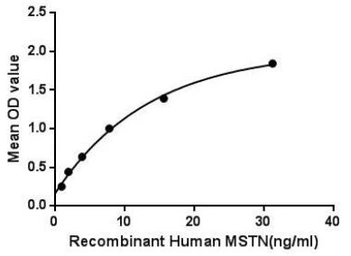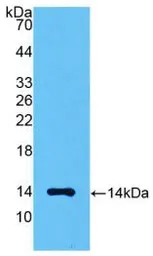Human GDF8 / Myostatin protein, His tag
Cat. No. GTX00183-pro
Cat. No. GTX00183-pro
-
ApplicationsFunctional Assay
-
SpeciesHuman


